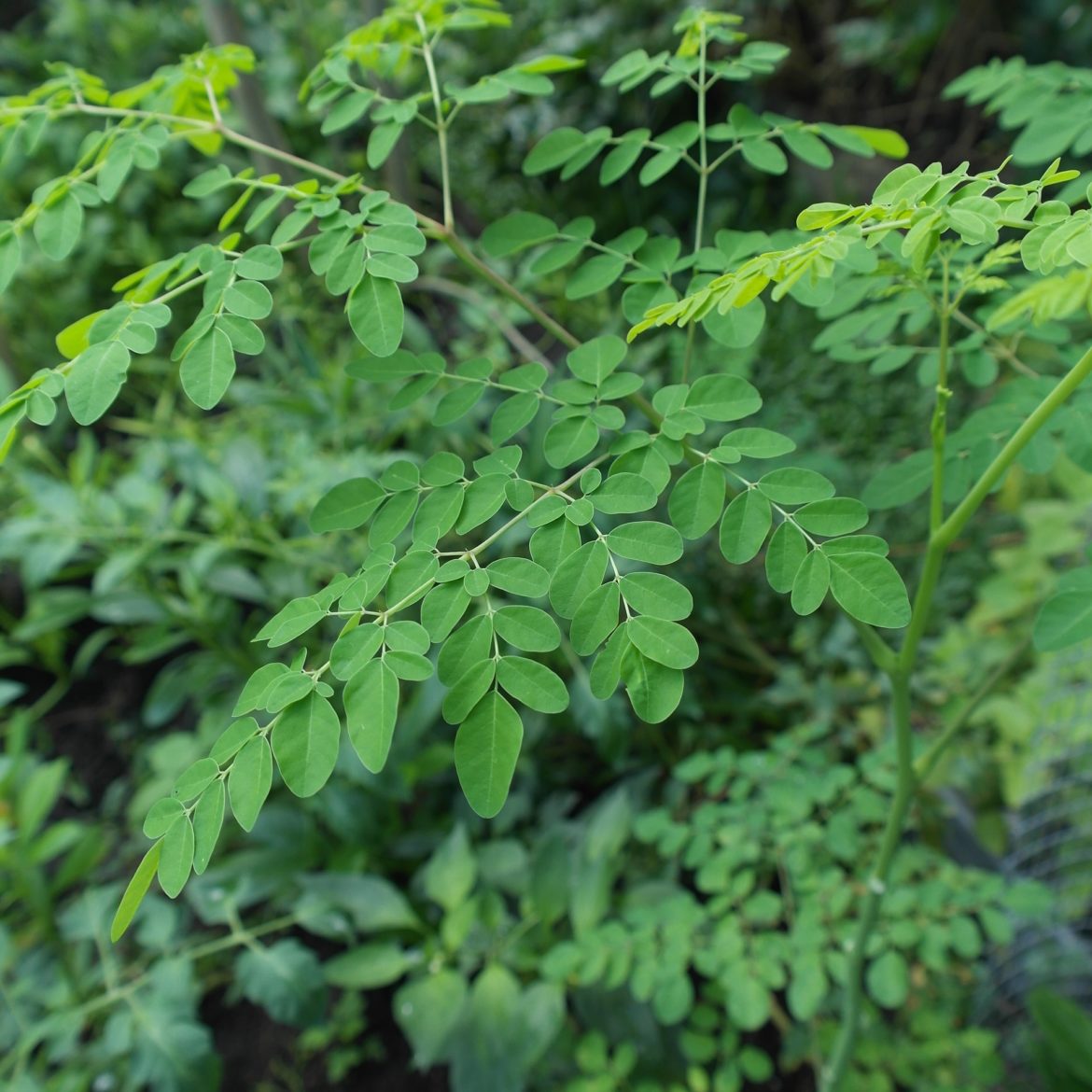Kuli Kuli: A Superstar of Superfoods
Author: Marilyn Waite | Published: January 10, 2018
Nestled in downtown Oakland, California, sustainable food and agriculture startup Kuli Kuli has roots more than 7,000 miles away.
Founder Lisa Curtis was introduced to the moringa tree while serving as a Peace Corps volunteer in a small town in Niger. A vegetarian whose local diet consisted mainly of millet and rice, Curtis was able to curb her malnourishment, a lack of protein and key vitamins by adding moringa to her daily regime. Her health turnaround sparked an interest in introducing the benefit of the moringa plant to North American eaters.
When Curtis returned from Niger, she and her co-founders began creating food products from sustainably sourced moringa leaves. They started producing health bars in small batches and selling the goods at farmer’s markets. Today, the product line — which includes teas, powders for shakes, health bars and energy shots — is available in more than 6,000 stores.
Moringa is not your come-and-go food fad. It’s difficult to directly compare to any one plant. Like kale, it’s a green superfood, yet richer in nutrients; the taste profile is similar to matcha, which comes from specially grown and processed green tea leaves, with an earthy, mild flavor. On the shelf, you likely will find it next to other superfoods such as goji berries.
Moringa contains a wide range of nutrients and attractive attributes, including iron, calcium, vitamins A and C, antioxidant and anti-inflammatory phytochemicals, highly digestible protein and all nine essential amino acids. Also, it’s vegan and free of soy, gluten, dairy and genetically modified organisms.
Agriculture, food and related industries represent about 5.5 percent of U.S. GDP, contributing around $992 billion each year. Transforming this industry to be sustainable and regenerative is one of the biggest opportunities to address climate change while creating economic opportunity.

